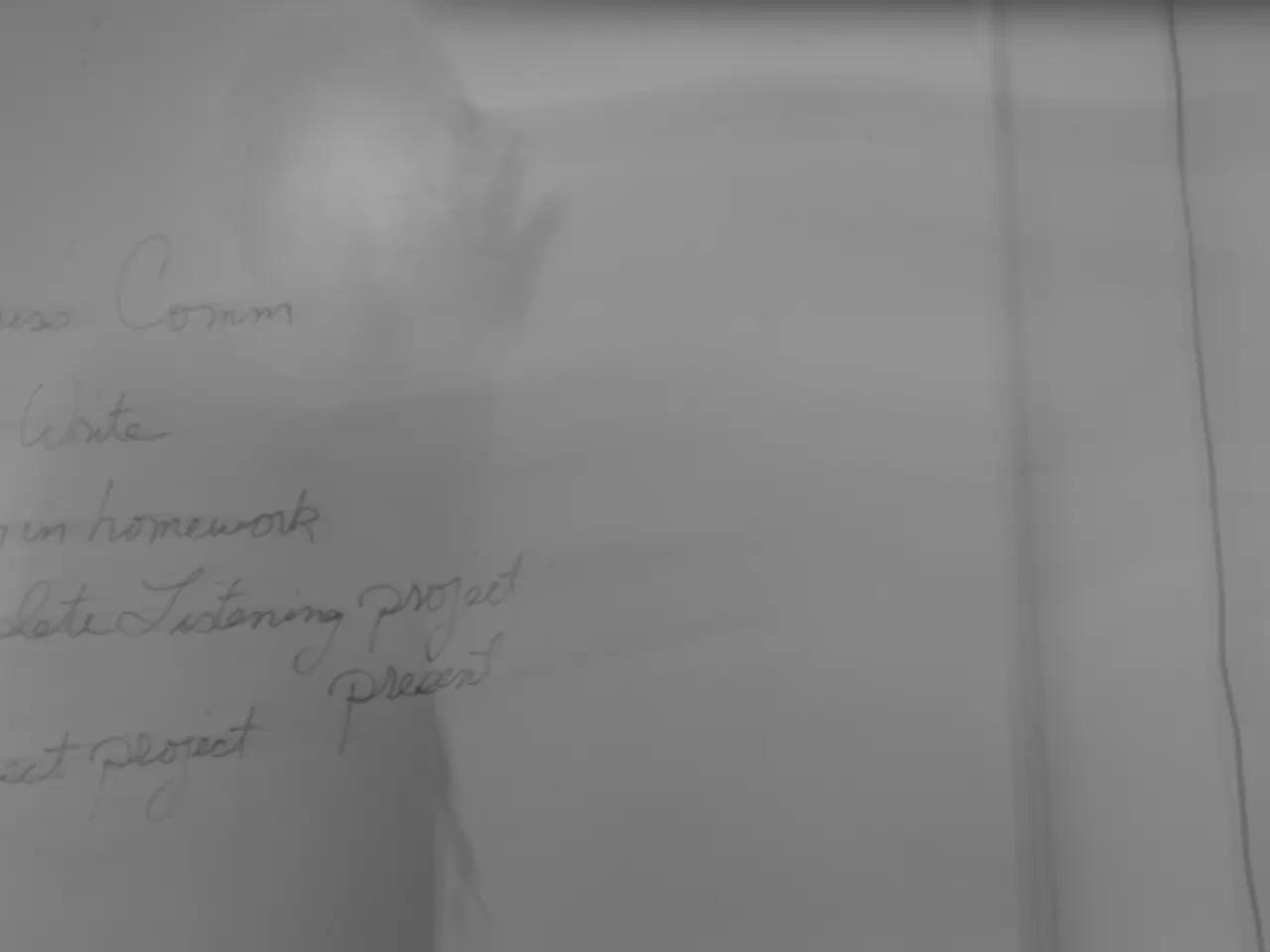Imprisoned individuals may be eligible for a raise of up to 15% in their wages. - Inmates granted a 15% salary increase
In a significant move towards rehabilitation and reintegration, North Rhine-Westphalia (NRW), Germany, has implemented a new concept of "Prisoner Remuneration." This change, in line with the guidelines of the Federal Constitutional Court, aims to provide fair compensation for the work done by prisoners, enhancing their chances of successful reintegration into society.
The revised remuneration system, which came into effect from July 1st, sees prisoners receiving up to 15% more money for their work in prison. This increase is part of a broader strategy to encourage constructive activity, provide financial resources, and foster personal responsibility during incarceration.
The new law, developed with input from numerous associations, also includes non-monetary incentives to make work in the justice system more attractive. These incentives could potentially include the reduction or waiver of trial costs for prisoners who work consistently.
Justice Minister Benjamin Limbach (Greens) announced the changes in Düsseldorf, stating that the new law is expected to reduce crime, benefiting society as a whole. The law provides for the number of release days for prisoners who work consistently to be increased from eight to a maximum of twelve per calendar year.
The concept of prisoner remuneration has been reviewed and further developed in line with the guidelines of the Federal Constitutional Court, which declared certain provisions regarding prisoner remuneration unconstitutional in June 2023. The states had until now to implement a new model for prisoner remuneration.
The new law aligns with Germany’s broader penal philosophy that prisons should not only punish but actively rehabilitate offenders, aiming to reduce recidivism and promote social safety. Prisoners are typically required to perform paid work, which is a key part of their resocialization process. This work helps develop skills, a routine, and responsibility, all of which support successful rehabilitation after release.
According to a spokesperson for the NRW Ministry of Justice, "Work in the penal system is only considered an effective means of rehabilitation if the work done is given appropriate recognition." A survey of prisoners was conducted during the development of the new law to ensure it met the needs of those it aims to help.
The new "Prisoner Remuneration" model in North Rhine-Westphalia underscores fair payment for prisoner labor as an integral part of rehabilitation—helping inmates build skills, maintain dignity, and facilitate their successful reintegration into society after release. This approach not only benefits the prisoners but also contributes to a safer and more secure society for everyone.
The implemented "Prisoner Remuneration" system in North Rhine-Westphalia, a move towards rehabilitation and reintegration, offers vocational training opportunities alongside financial incentives within the prison work environment. This thrifty compensation and vocational training, with an increase of up to 15%, are designed to foster personal responsibility, business acumen, and skill development.
Moreover, the new law, developed with input from various associations, includes non-monetary incentives such as potential reductions or waivers of trial costs for prisoners who work consistently, further emphasizing the role of work in the justice system.
Lastly, the law's emphasis on prisoner remuneration is viewed as a cornerstone in the broader strategy of reducing crime and promoting social security, closely aligned with Germany’s general-news agenda of active rehabilitation and recidivism reduction.




